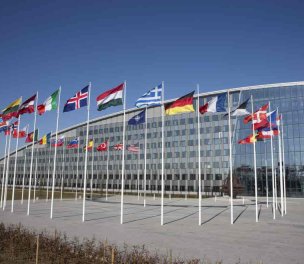Photo: AA/File
Click to read the article in Turkish
Greece wants dialogue with Turkey on the Eastern Mediterranean crisis, but on peaceful terms and not "when held at gunpoint," the country's prime minister, Kyriakos Mitsotakis said in an opinion piece published today (September 10) in three newspapers in three languages.
A new crisis has emerged since late July when Turkey started hydrocarbon exploration activities in areas where Greece considers within its continental shelf.
While Ankara says it's ready for dialogue "unconditionally," Athens says it will only enter into a dialogue with Turkey when it stops drilling activities in the contested waters.
"We do need dialogue, but not when held at gunpoint. What threatens my country's security and stability threatens the well-being and safety of all EU member states," Mitsotakis said in an article published in the UK's The Times, Germany's Frankfurter Allgemeine Zeitung and France's Le Monde newspapers.
He also suggested that the EU should impose "meaningful sanctions" on Turkey to deter it from carrying out exploration activities in the contested area.
The bloc will discuss sanctioning Turkey during its leaders' summit on September 24-25.
"If Turkey refuses to see sense by then, I see no option but for my fellow European leaders to impose meaningful sanctions. Because this is no longer just about European solidarity. It is about recognizing that vital interests - strategic European interests - are now at stake. If Europe wants to exercise true geopolitical power, it simply cannot afford to appease a belligerent Turkey," he said.
"There is still time for Turkey to avoid sanctions, to take a step back, and to chart a path out of this crisis. Turkey simply needs to refrain from its naval and scientific activity in non-delimitated waters, and rein in its aggressive rhetoric.
"They should stand down, return to the table, and pick up from where they left off when they quit exploratory talks in 2016. And if we cannot agree, then we must seek resolution at the Hague," he said, referring to the international court for sovereign disputes."
Timeline of the Eastern Mediterranean crisisThe tension between Turkey and Greece over their right to explore energy resources in the Eastern Mediterranean has seriously escalated over the last months. The latest developments leading to this escalation are briefly as follows: On July 21, Turkey issued its first Navtex alert for Oruç Reis seismic vessel's exploration activities in the Eastern Mediterranean. On July 28, Turkey announced after Germany's diplomatic efforts that it suspended hydrocarbon exploration activities and stated that it was ready to talk with Greece. On August 6, Greece and Egypt signed a maritime border agreement. On August 10, Turkey announced that its drillship Oruç Reis would resume energy exploration in the Eastern Mediterranean. It said the ship will continue its work along with the ships Cengiz Han and Ataman until August 23. On August 14, the EU foreign miniters discussed the crisis at an extraordinary meeting, calling on Turkey to end hydrocarbon exploration activities in contested waters. On August 16, Turkey issued a Navtex, announcing that its drill ship Yavuz will continue its work exploring for energy resources off the island of Cyprus. On August 23, Turkey issued another Navtex, stating that the Oruç Reis vessel would continue its activities until August 27. On August 24, Greece held joint naval drills with the US in the south of Crete island. One day later, Turkey conducted naval exercises with Italy. On August 25, Germany's Minister of Foreign Affairs Heiko Maas visited Athens and Ankara to encourage the two countires to have direct talks. On the same day, Turkey held replenishment exercises with Italy in the Eastern Mediterranean. On August 26, US President Donald Trump had phone talks with President Recep Tayyip Erdoğan and Prime Minister of Greece Kyriakos Mitsotakis, urging them to reduce tensions and start dialogue. On the same day, Turkey and the US conducted joint maritime exercises. On August 27 and 28, EU foreign ministers met with the Eastern Mediterranean crisis on the top of their agenda. The Union's foreign polict head Josep Borrell said after the meeting that Turkey's ships might be sanctioned if they continued hydrocarbon activities. Turkey's Ministry of National Defense on August 28 announced that it intercepted six F-16 fighters planes of Greece, which it said were closing in on the area where Turkey issued a Navtex. On September 1, the US lifted the arms embargo on Southern Cyprus. On September 2, Turkey issued two Navtex alerts for Russia's gunnery exercises in the Eastern Mediterranean. It was stated that Russia would conduct exercises in two different areas that correspond to Turkey's hydrocarbon exploration activities on the east and west of the Cyprus island. On September 3, NATO Secretary General Jens Stoltenberg said, "Following my discussions with Greek and Turkish leaders, the two Allies have agreed to enter into technical talks at NATO to establish mechanisms for military deconfliction to reduce the risk of incidents and accidents." On September 4, Prime Minister of Greece Kyriakos Mitsotakis said that Greece would only enter into a dialogue with Turkey if it "stops provocation" in the Eastern Mediterranean. Shortly before this statement, Turkey's Foreign Ministry stated, "Turkey is ready to enter into dialogue with Greece without any preconditions, in order to find lasting, fair and equitable solutions to all outstanding issues between Turkey and Greece." On September 8, the state-run Anadolu Agency (AA) reported that the meeting between military delegations from Turkey and Greece was rescheduled for September 10. |
(PT/VK)




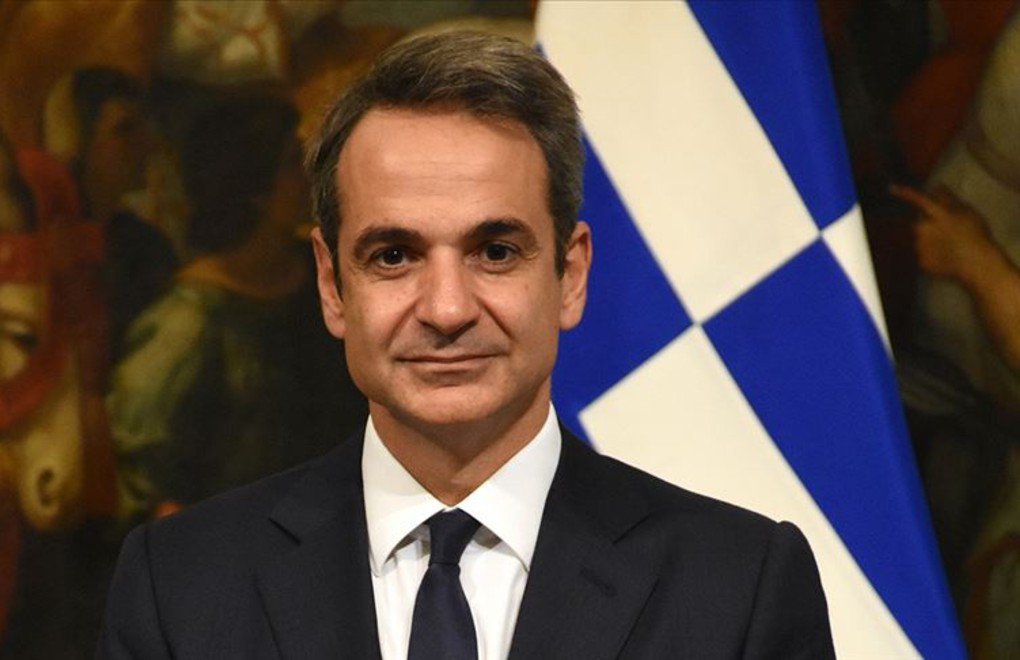
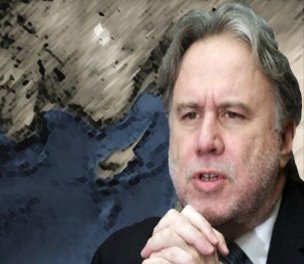
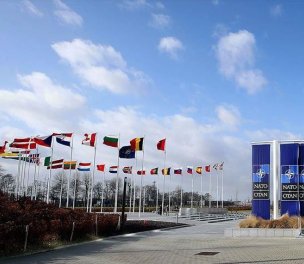
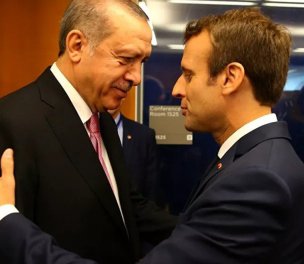
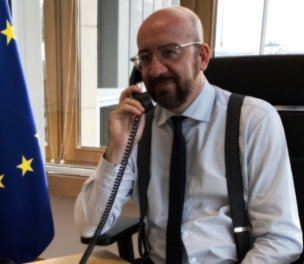
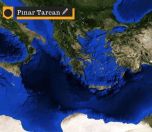
-132.jpg)
